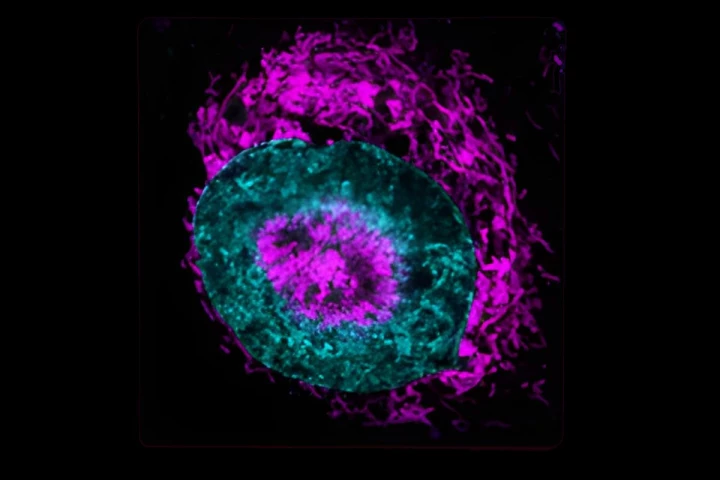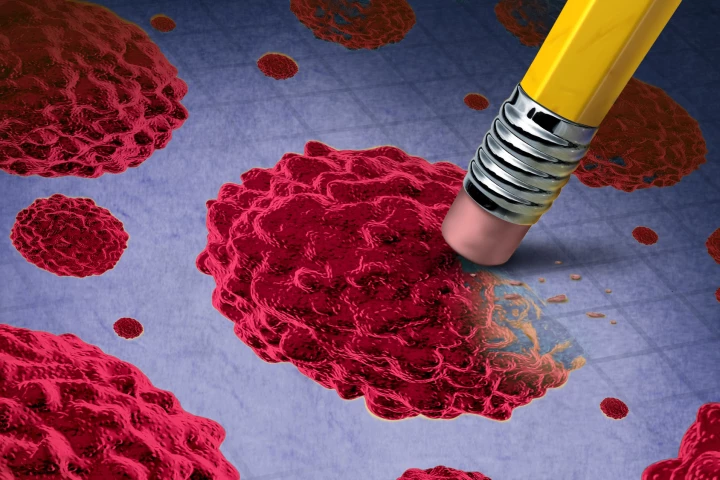Breast cancer
-
A large international study of more than 23,000 patients has found that common medicines used to treat high blood pressure and cholesterol, as well as heartburn, may be impacting cancer treatment effectiveness.
-
Researchers have discovered a secret super power that cancer cells exhibit while squeezing themselves through our bodies. The finding now gives scientists the chance to discover the kryptonite that will sap them of this extra boost of strength.
-
While obesity significantly increases the risk of many cancers, scientists have now uncovered that there are specific dietary fat drivers that impede the body's ability to fight tumors. This landmark reveals that not all fats are created equal.
-
A common anti-nausea drug used during chemotherapy may do more than ease discomfort, it could help women with aggressive breast cancers live longer, cutting the risk of death by up to 39% in some cases, according to a new study.
-
Researchers at the University of Buffalo are hoping to make breast cancer screening easier and quicker than ever before, with a detection technique that only requires patients to press up against a window for a minute to get accurate results in 3D.
-
One of cancer’s deadliest tricks is its ability to spread to other organs. An existing cardiac drug has now been found to reduce the risk of metastasis by dissolving circulating clusters of breast cancer cells in patients.
-
A phase 3 clinical trial has shown that adding an immunotherapy drug to chemotherapy almost doubled the cure rate for patients with the most common kind of breast cancer. The findings suggest that a new treatment paradigm should be adopted.
-
A new study has identified one of the reasons why cancer frequently spreads from elsewhere in the body to the lungs: an amino acid called aspartate. The findings improve our understanding of cancer and open the door to new treatments for metastatic disease.
-
Manuka honey reduced breast cancer cell growth by 84% without harming healthy cells or causing major side effects, according to preliminary studies. The findings open the door to developing a natural, non-toxic supplementary, or potentially stand-alone, anticancer treatment.
-
Researchers identified the cells that can lead to breast cancer in women with mutated BRCA2 gene and uncovered their vulnerability. Targeting them with an existing drug slowed tumor progression, opening the door to a new breast cancer prevention strategy.
-
Being diagnosed with potentially fatal metastatic breast cancer inspired one man to gather a team of diverse professionals to create an AI-based tool to help oncologists provide an individualized treatment care plan to patients with metastatic cancer.
-
Researchers have found that a drug used to treat the symptoms of Parkinson’s disease may be effective at treating metastatic breast cancer and the brain metastases that can often result. The repurposed drug could be a novel cancer treatment.
Load More











